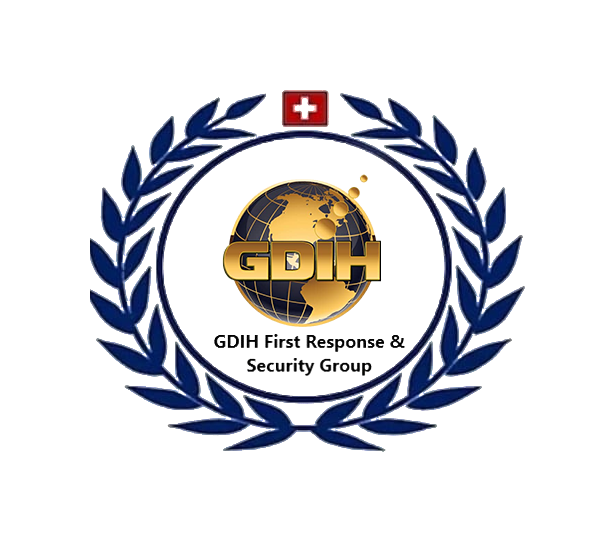GDIH first response & security solutions Ltd is the only solution provider with full access to the only two products today leading the recovering of populations affected by COVID: REMDESIVIR and FAVIPIRAVIR.
A novel coronavirus, severe acute respiratory syndrome coronavirus 2 (SARS-CoV-2), was first identified in December 2019 as the cause of a respiratory illness designated coronavirus disease 2019, or Covid-19. Although several therapeutic agents have been evaluated for the treatment of coronavirus disease 2019 (Covid-19), no antiviral agents have yet been shown to be efficacious.
1. REMDESIVIR.
Remdesivir (GS-5734), an inhibitor of the viral RNA-dependent, RNA polymerase with in vitro inhibitory activity against SARS-CoV-1 and the Middle East respiratory syndrome (MERS-CoV), was identified early as a promising therapeutic candidate for Covid-19 because of its ability to inhibit SARS-CoV-2 in vitro. In addition, in nonhuman primate studies, Remdesivir initiated 12 hours after inoculation with MERS-CoV10,11 reduced lung virus levels and lung damage.
• The primary outcome was the time to recovery (The benefit of Remdesivir was larger when given earlier in the illness, though the benefit persisted in most analyses of duration of symptoms).
• The key secondary outcome was clinical status at day 15, as assessed on the ordinal scale.
• The key THIRD outcome was MORTALITY. Given the preliminary results about Remdesivir, the Food and Drug Administration issued an Emergency Use Authorization on May 1, 2020 (modified on August 28, 2020), to permit the use of Remdesivir for treatment in adults and children hospitalized with suspected or laboratory- confirmed Covid-19. Remdesivir has also received full or conditional approval in several other countries since that time. However, given high mortality despite the use of Remdesivir, it is clear that treatment with an antiviral drug alone is not likely to be sufficient for all patients. Current strategies are evaluating Remdesivir in combination with modifiers of the immune response. https://www.nejm.org/doi/full/10.1056/NEJMoa2007764
2. FAVIPIRAVIR.
Favipiravir (before use against Influenza, Ebola, and Activity against other pathogenic RNA viruses) was first used against SARS-CoV-2 in Wuhan at the very epicenter of the pandemic. Then, as the pandemic spread to Europe, this drug received approval for emergency use in Italy, and currently has been in use in Japan, Russia, Ukraine, Uzbekistan, Moldova, and Kazakhstan. Approval has also recently been granted in Saudi Arabia and the UAE. Thereafter, Turkey, Bangladesh, and most recently Egypt have also seen recent commercial launches. In June 2020, Favipiravir received the DCGI approval in India for mild and moderate COVID-19 infections. As of the 23rd of July, 2020; there are 32 studies registered on clinicaltrials.gov to assess the utility of this drug in the management of COVID-19.
Favipiravir, a drug which has a similar mechanism of action to Remdesivir but is orally administered, has less strong supportive data to back its use, but is nevertheless emerging as an agent that is worth considering in mild to moderate cases. The main advantages of Favipiravir are that it is administered orally and that it can be given in patients who are symptomatic but not ill enough to be hospitalized. As most COVID-19 patients (85%) have mild to moderate disease and can be treated at home, this drug could potentially be used in large numbers of patients. As with any antiviral, it should be stressed that favipiravir should be administered early after the onset of symptoms for it to be effective in reducing viremia. Its role in potentially shortening the duration of viral shedding could also have an epidemiological impact as it could reduce viral transmission at home and in the community. The role of favipiravir in prophylaxis in exposed but healthy contacts is also being looked at in an ongoing trial. Favipiravir is also being evaluated in combination with other antiviral drugs such as umifenovir to see if these drugs act in a complimentary or synergistic manner. Thus, in conclusion, favipiravir may emerge as a valuable drug in the treatment of mild to moderate symptomatic SARS-CoV-2–infected cases. Furthermore, larger RCTs are urgently needed before this drug can be unreservedly recommended.



